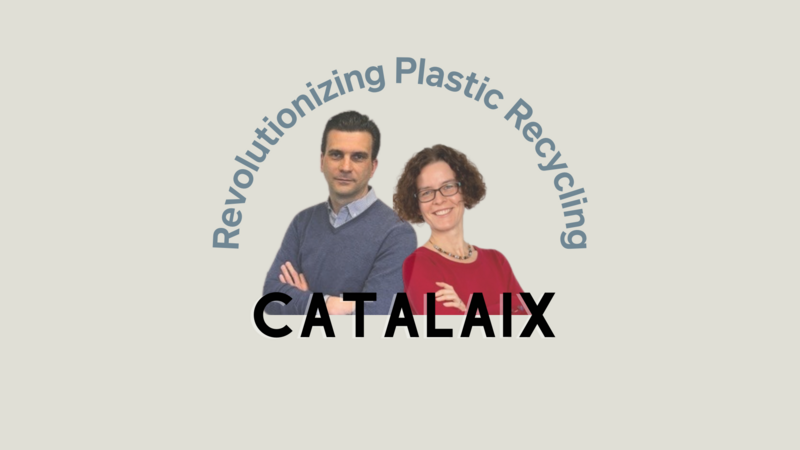catalaix – Revolutionizing Plastic Recycling
In a significant stride towards sustainable plastic use, the Werner Siemens-Stiftung (WSS) has chosen to fund "catalaix," a pioneering project led by a team from RWTH Aachen University. This ambitious initiative, equipped with a substantial endowment of 100 million Swiss Francs over ten years, aims to reshape the chemical industry's approach to plastic recycling.
The catalaix project, under the leadership of Professor Regina Palkovits and Professor Jürgen Klankermayer, is set to create catalytically driven production processes. These processes will enable a multidimensional circular economy in the chemical industry, focusing specifically on efficiently recycling mixed plastic compounds. This initiative is poised to address one of the industry's most daunting challenges – transforming plastic waste into valuable resources.
Marking its centenary, the Werner Siemens-Stiftung, based in Zug, Switzerland, launched an ideas competition to establish a research center dedicated to sustainable resource utilization. The competition attracted top researchers from Germany, Austria, and Switzerland, resulting in 123 idea submissions. Six teams were initially awarded from these, with catalaix emerging as the final choice for its groundbreaking approach to plastic recycling.
catalaix centers on advanced catalysis – a technology that accelerates or enables chemical reactions. The project aims to use novel catalysts and processes to break down plastic products into reusable molecular building blocks. This process can potentially convert millions of tons of plastic waste, which pollutes our oceans and environment, into reusable substances.
Professors Palkovits and Klankermayer highlight the alarming scale of plastic pollution, noting, "Between 1950 and 2015, a total of 8.3 billion tons of plastic were produced, of which only 0.6 billion tons (7%) were recycled." They emphasize the urgency of addressing this crisis, with projected CO2 emissions from the plastic sector by 2050 equating to the output of 800 coal power plants. This stark reality underscores the need for innovative solutions like those proposed in catalaix. The professors articulate their goal: "For the future sustainable chemical industry, climate-neutral processes and a renewable raw material base are essential." They stress the importance of transitioning from linear material flows to circular economies. The diverse use and lifespan of plastics, from packaging to insulation materials, demand a holistic approach to recycling that caters to these varying time and quantity scales
The vision of catalaix extends beyond isolated material cycles. The project seeks to develop an "Open-Loop" principle in the circular economy, where recycled molecular components can be tailored and integrated into various value chains and material cycles. Discussing the benefits of this approach, the team remarks, "The primary motivation for linking material cycles with the Open-Loop principle was the challenge of demonstrating a selective degradation of plastics while minimizing the carbon dioxide footprint." They also highlight the potential of converting resilient plastics like polyethylene into biodegradable polymers, such as polylactic acid, through the integration of biomass.
The involvement of RWTH Aachen University in both the catalaix and MIX-UP projects underscores the university's commitment to tackling global environmental challenges. While MIX-UP focuses on biotechnological methods for upcycling mixed plastics, catalaix offers a complementary approach through innovative catalysis, demonstrating the university's comprehensive approach to plastic recycling.
The catalaix project, backed by the Werner Siemens-Stiftung's funding and RWTH Aachen University's expertise, stands as a beacon of hope in sustainable chemistry. It's a testament to innovative scientific research and a commitment to a future where plastic waste is not an environmental burden but a valuable resource. The project's success could mark a significant milestone in our journey towards a sustainable planet, showcasing the power of science and collaboration in solving global challenges.


